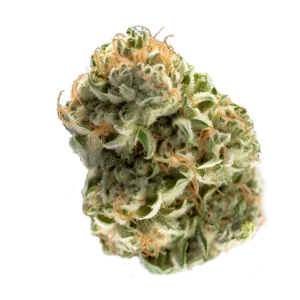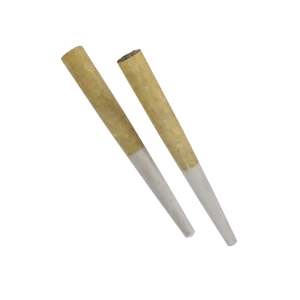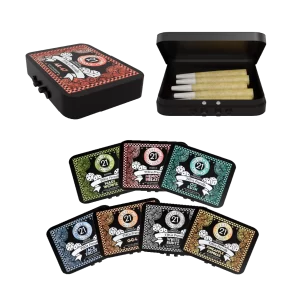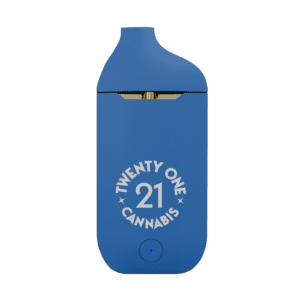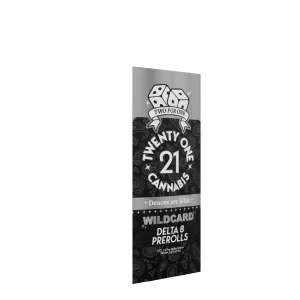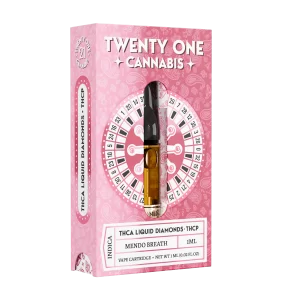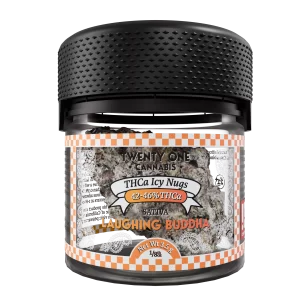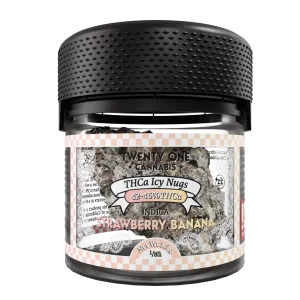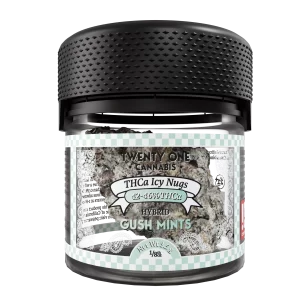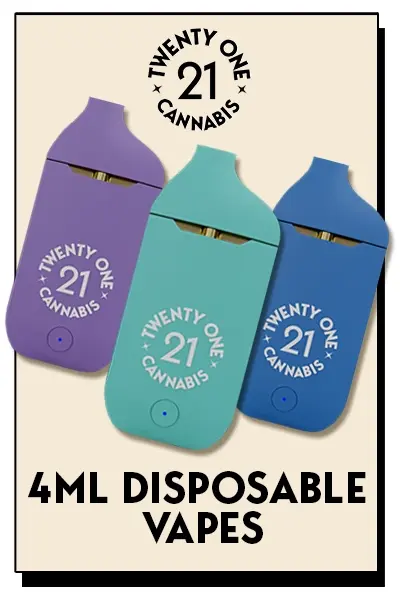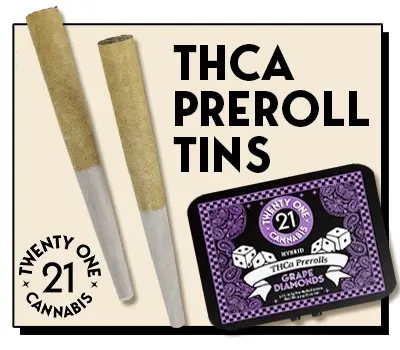HHC (hexahydrocannabinol) is a hydrogenated form of THC, first identified in the 1940s by chemist Roger Adams. It is typically produced in a laboratory through a process called hydrogenation, where hydrogen atoms are added to the THC molecule. This alteration enhances HHC’s stability, making it more resistant to degradation from UV light and extending its shelf life. Furthermore, HHC interacts more efficiently with the body’s endocannabinoid receptors, resulting in a distinct set of effects compared to THC.
THCA vs HHC: Comparing the Differences
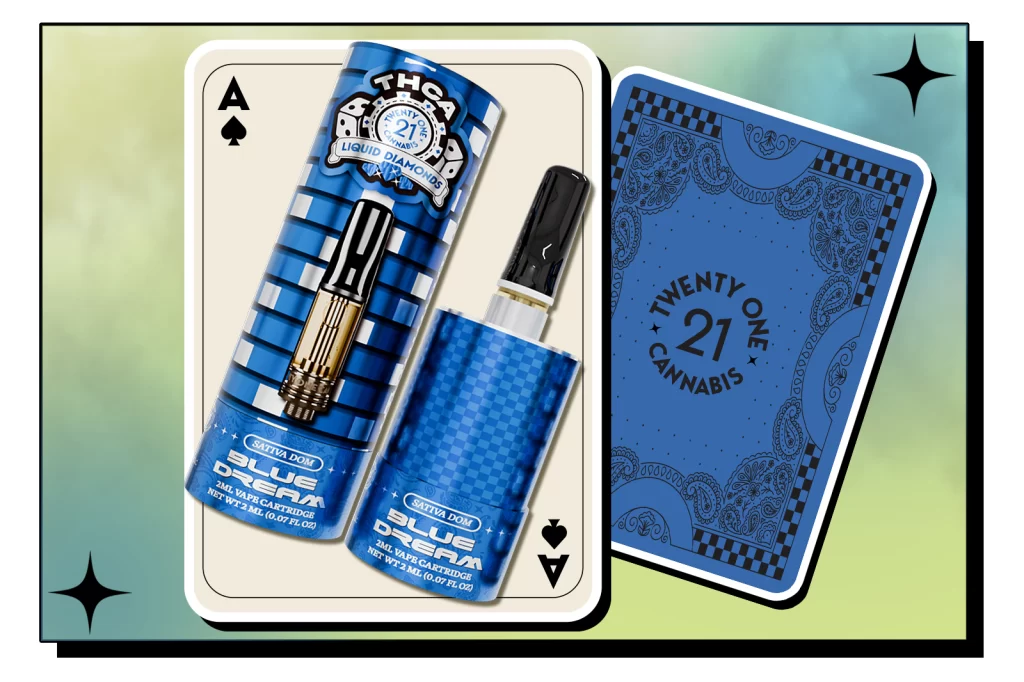
In this Article
The High Rollers Source for THCa Delta 8 HHC
With all of these new cannabinoids popping up like daisies out of the snow, you might be confused about what they are, what sets them apart, and which ones are right for you. Two such cannabinoids that we are looking into today are THCA and HHC.
The former is non-psychoactive, whereas the latter is, but just because THCA doesn’t get you high doesn’t mean that there are no benefits to it.
In fact, the potential therapeutic benefits of both THCA and HHC are one of the main factors we want to examine today, along with their effects, how they make you feel, how to take them, and more. Read on to find out what sets THCA and HHC apart.
Article Highlights:
-
- THCA is the acidic precursor to Delta-9 THC, whereas HHC is a cannabinoid most often manufactured in lab settings.
-
- HHC is usually made by hydrogenating hemp-derived CBD.
-
- HHC is psychoactive and about 80% as potent as Delta-9 THC, whereas THCA is not psychoactive, at least not until it is decarboxylated and turned into THC.
-
- Both THCA and HHC have therapeutic potential worth noting, both for physical and mental health.
- Both THCA and HHC have therapeutic potential worth noting, both for physical and mental health.
If you fancy some tasty THCA pre-rolls, we here at 21 Cannabis have you covered, with great options such as Lemon AK Gorilla Freeze Cake, Gelato Cake, Pineapple Express, and AK-47.
What is THCA?
THCA stands for tetrahydrocannabinolic acid, the acidic precursor to Delta-9 THC, the regular kind of THC that most of us are familiar with. However, unlike THC, which is psychoactive (it gets you high), THCA is not psychoactive, so it should in no way produce a high or intoxicate you.
This is thought to be due to its chemical structure, which features an additional carboxylic acid group compared to THC. This additional carboxylic group results in a weaker or virtually non-existent binding affinity with CB1 receptors.
THC’s interaction with the CB1 receptors is what produces the feeling of intoxication. Since the interaction is not prevalent in THCA, it doesn’t get you high.
However, through the act of decarboxylation, which involves heating cannabis for up to 30 minutes at moderate temperatures, THCA loses that additional carboxyl side chain, and this effectively converts it into Delta-9 THC, which is intoxicating. Simply put, when heated up, then non-psychoactive THCA turns into psychoactive THC, something you can take advantage of when smoking these tasty Apple Fritter and Lemon Cookie strains.
Compare products at the best website for THCA flower right here at Twenty One Cannabis.
How is THCA Made?
THCA is a naturally occurring cannabinoid, which means that it develops naturally within cannabis plants. The production of THCA in a cannabis plant is quite complex, and it starts with olivetolic acid and geranyl pyrophosphate, the two main foundations of all cannabinoids.
The cannabis trichomes synthesize these compounds, and THCA synthase (an enzyme) then causes a reaction that creates CBGA or cannabigerolic acid. This is the first cannabinoid that develops in the cannabis plant, and virtually all other cannabinoids stem from it, hence its moniker, “the mother of all cannabinoids”.
There are then certain enzymes in the cannabis plant that convert the CBGA into THCA. Once again, THCA synthase causes this conversion to happen. This is how THCA is made or produced, and finally, if you expect to end up with Delta-9 THC, you’ll need to decarb the THCA.
Get premium THCA flower from the best online store for THCA flower.
What Are the Effects of THCA?
THCA is not psychoactive, so in this sense, it has no effects. You won’t feel anything if you consume raw THCA before decarboxylating it. It doesn’t produce a notable high.
However, once you decarb the THCA into Delta-9, it becomes psychoactive and, therefore, produces intoxicating effects. Now, this does not mean that THCA does not have any therapeutic potential, both for the mind and body, because it most certainly does.
However, just because THCA has a variety of potential medical benefits doesn’t mean that it must also get you high. Let’s move on and figure out why THCA has such high potential as a therapeutic agent.
What Are the Benefits of THCA?
There are many potential benefits that THCA has to offer, both in terms of mental and physical health, so let’s take a look at what they all are.
Anti-Inflammatory Activity
THCA is believed to have great anti-inflammatory potential by inhibiting various inflammatory responses in the body. Specifically, its action is similar to that of NSAIDs or nonsteroidal anti-inflammatory drugs, as THCA helps reduce the production of pro-inflammatory prostaglandins and cytokines. For this reason, THCA shows promise for treating various inflammatory conditions.
Neuroprotective Benefits
THCA also appears to have great potential in terms of acting as a neuroprotective agent. In simplest terms, this means that it can protect your brain cells from damage, particularly from damage caused by free radicals. It is thought that THCA has great antioxidant potential, which prevents free radicals from causing damage to the brain.
The result is that THCA may be an effective tool for the prevention and treatment of neurodegenerative disease. THCA may interact with the PPARγ receptor, which degrades amyloid-beta plaque, a protein that builds up and causes neurodegenerative issues.
Antiemetic Effects
THCA can potentially reduce both vomiting and nausea. This is a result of how THCA interacts with the brain’s serotonin receptors.
By modulating the release of serotonin, THCA can also change the function of receptors that are responsible for vomiting and nausea responses. Due to this, THCA shows great potential for people going through medical treatments that result in nausea, vomiting, and a lack of appetite.
Pain-Killing Effects
Although more research is required, it is thought that THCA may also act as a moderate analgesic, meaning that it may stop pain signals from making their way to the brain. Ultimately, this may result in a reduced perception of pain.
Potential Side Effects of THCA
For the most part, THCA is considered safe and isn’t known to have any major side effects. That said, it may have some minor side effects, with mild gastrointestinal issues and lightheadedness being the two most common ones. There may also be some people who are allergic to the compounds found in cannabis, such as THCA.
Best Way to Take THCA
It is critical to remember that THCA has to be consumed raw if you want to consume THCA and not THC. If you introduce a heating medium to THCA, it will slowly convert to Delta-9 THC. In this case, it becomes psychoactive and no longer produces the same potential benefits as THCA.
The best way to consume THCA is by grinding up raw cannabis flour and eating it as is or adding it to smoothies and shakes. This will preserve the therapeutic potential without activating the THCA.
However, you also have the option of using THCA tinctures. These are made by steeping cannabis flowers in high-proof alcohol for an extended period, which effectively extracts the raw THCA. Tinctures are best used sublingually by placing them under the tongue.
Shop for THCA flower, pre rolls and more at the best site for THCA flower.
What is HHC?
We then have HHC or hexahydrocannabinol. This is a hydrogenated form of THC that is generally made in a laboratory setting. Although HHC occurs naturally in cannabis plants, it occurs in such small quantities that extracting it straight from the plant matter is not economically feasible.
In terms of its chemical structure, HHC is very similar to Delta-9 THC. However, it contains more hydrogen atoms, which allows for a higher degree of stability. This difference in molecular structure between HHC and THC is the cause of its slightly lower potency.
Although it may be a bit less potent (about 80% as potent as Delta-9 THC), the difference in molecular structure results in it having a longer shelf life. Unlike THCA, HHC is intoxicating and psychoactive. As we’ll discuss further below, it’s known for having a variety of psychoactive effects.
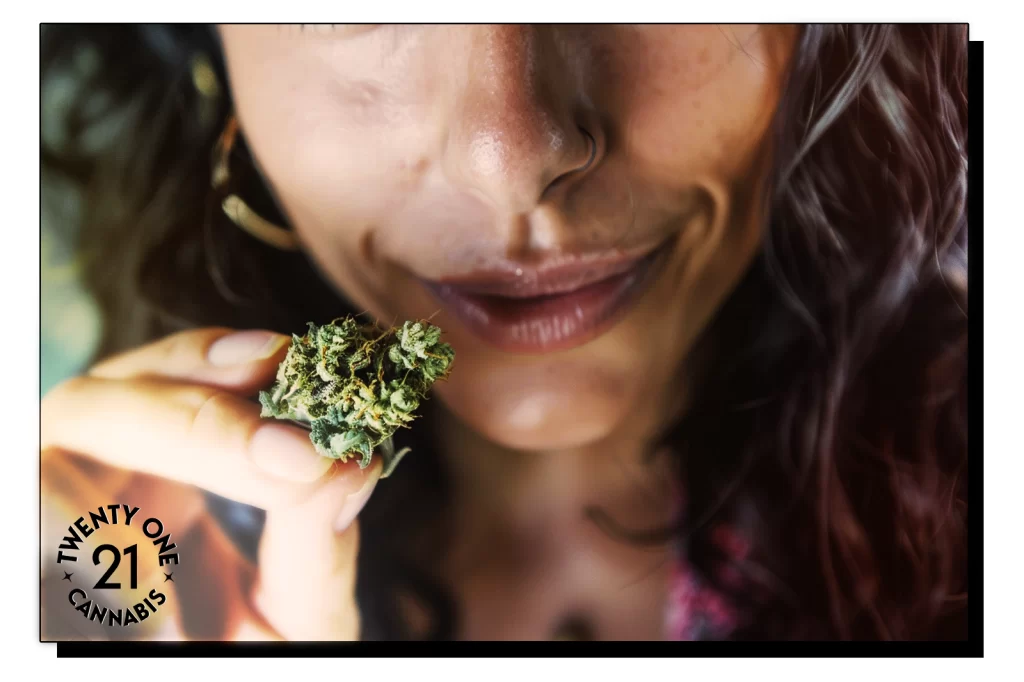
How is HHC Made?
We mentioned above how HHC occurs only in minimal quantities in cannabis plants. For this reason, it is made through a process known as hydrogenation. Although it can be made out of THC, due to legal issues, large-scale manufacturing of HHC distillate is often done with CBD extracted from hemp plants.
Although the process may differ slightly, in most cases, hemp-derived CBD is taken and converted into a mixture of Delta-8 and Delta-9 THC through a process known as cyclization. This is then converted into HHC through catalytic hydrogenation, which is when hydrogen atoms are added to the molecule. Once hydrogenation is completed, the HHC is ready to be added to products and shipped.
What are the Effects of HHC?
HHC is thought to be about 80% as potent as THC, and it is psychoactive, so it should produce various sensations. What we can tell you is that the high is very similar to the high produced by Delta-9 THC, but just not quite as strong. People often describe HHC as a mild or light high that’s not quite as intense as the high from Delta-9.
It tends to produce a rather clear-headed high, and due to its lower potency, it also comes with a lower risk of feeling anxious or paranoid, like high-THC strains can sometimes do.
Of course, everyone’s perception of cannabis is different, but in general, you might feel some light euphoria, a sense of well-being, and both mental and physical relaxation. It may also produce a mild body high, but it shouldn’t sedate you. This light high is what we love about HHC, because it’s noticeable but won’t knock you out.
What are the Benefits of HHC?
Just like most other cannabinoids, HHC also has some potential benefits worth noting, ones that you might want to take advantage of.
Although this cannabinoid shows great potential, everything said below should be taken with a grain of salt, as there is more research required on the potential benefits of HHC.
Sleep Aid
HHC is known for being a sedative. Due to how it interacts with CB1 receptors and the central nervous system, HHC may act as a sleep aid and shows potential in treating issues such as insomnia.
Appetite Stimulation
HHC may interact with CB1 receptors and affect the secretion of hunger-inducing hormones. The result is that people who consume HHC may have an increased appetite and desire for food.
Antioxidant Benefits and Neuroprotective Potential
HHC may also contain antioxidant benefits that help to prevent free radicals from causing damage to your body. Free radicals cause oxidative stress that can lead to faster aging and chronic diseases. Through its antioxidant potential, HHC can protect the brain against oxidative damage, which would help prevent and treat various neurodegenerative diseases.
Pain and Inflammation Relief
By interacting with the endocannabinoid system’s CB1 receptors, HHC has the potential to modulate pain responses in the body, mainly by acting as an analgesic to prevent pain signals from reaching the brain. Furthermore, HHC may also modulate various inflammation-causing pathways, potentially reducing inflammation throughout the body.
Elevating Mood
HHC may also affect the human body’s release of various neurotransmitters, such as dopamine and serotonin, which can result in the potential to treat symptoms associated with stress and anxiety. There is evidence to indicate that HHC produces relaxing effects.
Anti-Nausea
HHC also has the potential to interact with the ECS in the gastrointestinal tract and may be able to reduce instances of nausea and vomiting.
Potential Side Effects of HHC
Although there needs to be more research performed in terms of the safety of HHC as a cannabinoid, up until this point, there do not appear to be any notable serious side effects. There are some minor side effects that you may experience, including confusion, anxiety, dry mouth, memory loss, and red eyes.
Best Way to Take HHC
Smoking HHC flowers is probably the best way to consume this cannabinoid for its benefits. However, if you don’t like the smoke, there are plenty of HHC extracts out there, mainly for vaping in the form of disposables. Vaping HHC is a very popular method, although there are also edibles.
Keep in mind that vaping hits much faster than the high from edibles, but the effects also don’t last as long. Some of the best HHC disposables include this Purple Punch HHC 4G Disposable and this Girl Scout Cookies 4G HHC Disposable.
THCA vs HHC: Effects
THCA is non-psychoactive, but HHC is. Therefore, THCA does not produce a notable high, whereas HHC does. Although, the HHC high is less pronounced than the high produced by Delta-9 THC.
As noted above, THCA is best known for its anti-nausea, painkilling, neuroprotective properties, and possible anti-inflammatory benefits. In contrast, HHC is known for its potential as a mood elevator, appetite stimulator, pain reliever, and sleep inducer.
THCA vs HHC: Potency
There’s no simple answer here.
For THCA that has not activated and turned into Delta-9 THC, we could say that it has no potency at all because it doesn’t produce a high.
However, the decarboxylation process converts THCA into Delta-9 THC, which is the potency baseline.
HHC, on the other hand, is about 80% as potent as Delta-9 THC, so just a little weaker than regular THC.
So, while HHC is definitely more potent than THCA, it’s not more potent than THCA when heated.
Understanding the differences between THCA and HHC can help you choose the right product for your needs. Visit the best online store for THCA flower to find premium THCA products and gain deeper insights into their unique benefits compared to HHC.
THCA vs HHC: Legality
The legal status of cannabinoids in the United States is murky at best. According to the 2018 Farm Bill, any cannabinoid product that is made from hemp-derived CBD should be legal so long as it contains less than 0.3% Delta-9 THC.
For this reason, THCA is in a legal gray area because although it turns into Delta-9 THC, it is not Delta-9 when still in its raw form.
As for HHC, things are even more complicated. Now, if the HHC in question is derived from CBD, then the story should be the same as that of THCA. However, it is also possible to make HHC out of THC, in which case it would not be legal at the federal level.
No matter what, always check the legal status of specific cannabinoids in the state you reside. Especially for HHC since the legality of this cannabinoid has been in the talks recently.
THCA vs HHC Cost
Both THCA and HHC can be quite expensive, although if you find raw THCA flowers, this should be moderately priced. However, as soon as producers start making tinctures and other processed goods with THCA, the cost can increase drastically. That said, THCA is generally cheaper than HHC because HHC requires laboratory processing to be created.
If you’re looking to try some HHC products, right here at 21 Cannabis is where you’ll find some of the best ones, including this Blue Dream 4G HHC Disposable Vape. If you’d rather try some THCA, check out these super potent White Runtz and OG Kush Liquid Diamonds.
THCA vs HHC: Frequently Asked Questions
Is HHC Stronger Than THCa?
Yes, HHC is stronger than THCA because THCA is not psychoactive. However, if that same THCA is decarboxylated and turned into Delta-9 THC, then the THC would technically be stronger than the HHC.
What is Stronger than THCa?
Delta-8, Delta-9, Delta-10, HHC, and THCP are just some of the cannabinoids that are more potent than THCA.
Which is Stronger: THCa or THCP?
THCP is by far the strongest cannabinoid of the two and, in fact, is one of the strongest of all. It’s thought to be 30 times (or more) as potent as Delta-9 THC.
Find the Right Cannabinoid for Your Vibe at Twenty One Cannabis
THCA and HHC represent two exciting cannabinoids, each with unique properties and potential benefits. Whether you’re seeking the non-intoxicating therapeutic benefits of THCA or the mild, stable psychoactive effects of HHC, these compounds can play a valuable role in enhancing wellness and supporting various needs.
If you’re looking to try THCA, check out our THCA flower collection, which includes popular strains like Apple Fritter THCa Flower and Gorilla Freeze Cake THCa Flower. For convenient options, explore our THCA pre-rolls such as the Maui Wowie THCa Pre-rolls.
For those interested in HHC, try our disposable vapes like the flavorful Girl Scout Cookies or Purple Punch 4ml Disposable Vape. These products are crafted for quality and consistency to enhance your experience.
Ready to make a choice? Visit our shop here to find premium products tailored to your preferences. Whether you’re new to cannabinoids or a seasoned enthusiast, our curated selection has something for everyone.
Sources for this Article
-
- sciencedirect.com/topics/pharmacology-toxicology-and-pharmaceutical-science/tetrahydrocannabinolic-acid
-
- ncbi.nlm.nih.gov/pmc/articles/PMC5510775/
-
- liebertpub.com/doi/full/10.1089/can.2021.0072
-
- cannabissciencetech.com/view/the-case-for-thca-and-other-minor-cannabinoids
-
- pubmed.ncbi.nlm.nih.gov/22766313/
-
- ncbi.nlm.nih.gov/pmc/articles/PMC5627671/
-
- sciencedirect.com/science/article/pii/S0367326X21000903
-
- mdpi.com/1422-0067/24/7/6827
-
- ncbi.nlm.nih.gov/pmc/articles/PMC5731255/
-
- academic.oup.com/book/27329/chapter/197038916
-
- frontiersin.org/articles/10.3389/fvets.2020.00505/full
-
- emcdda.europa.eu/system/files/documents/2023-04/emcdda-technical-report-hhc-and-related-substances.pdf
-
- cancer.gov/about-cancer/causes-prevention/risk/diet/antioxidants-fact-sheet
-
- webmd.com/mental-health/addiction/what-is-hhc
-
- pubmed.ncbi.nlm.nih.gov/37934167/
In this Article
Let's be social
More Heavy Hitting Posts

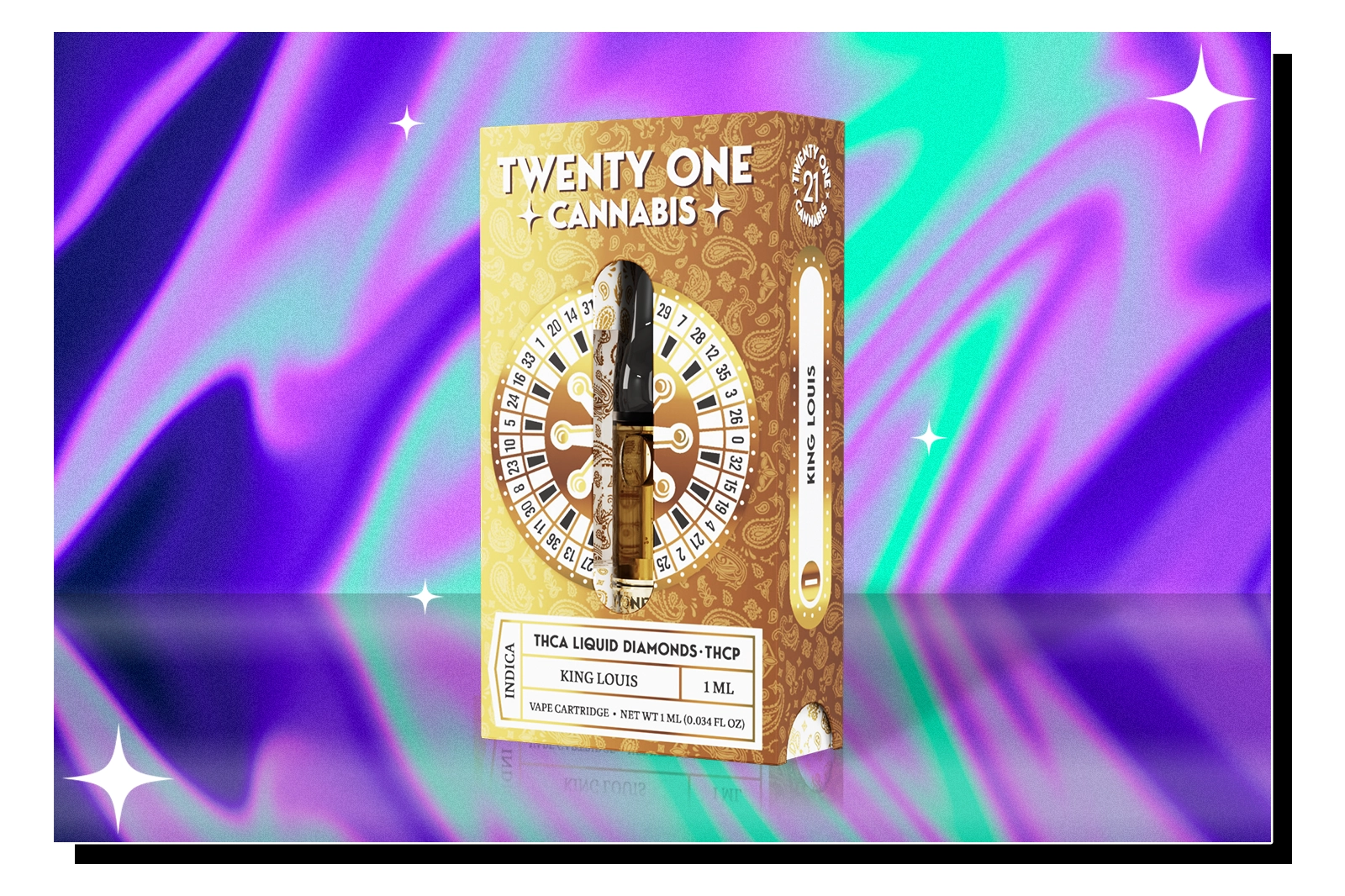
THCp vs HHC: Is THCp Stronger Than HHC?
April 21, 2025
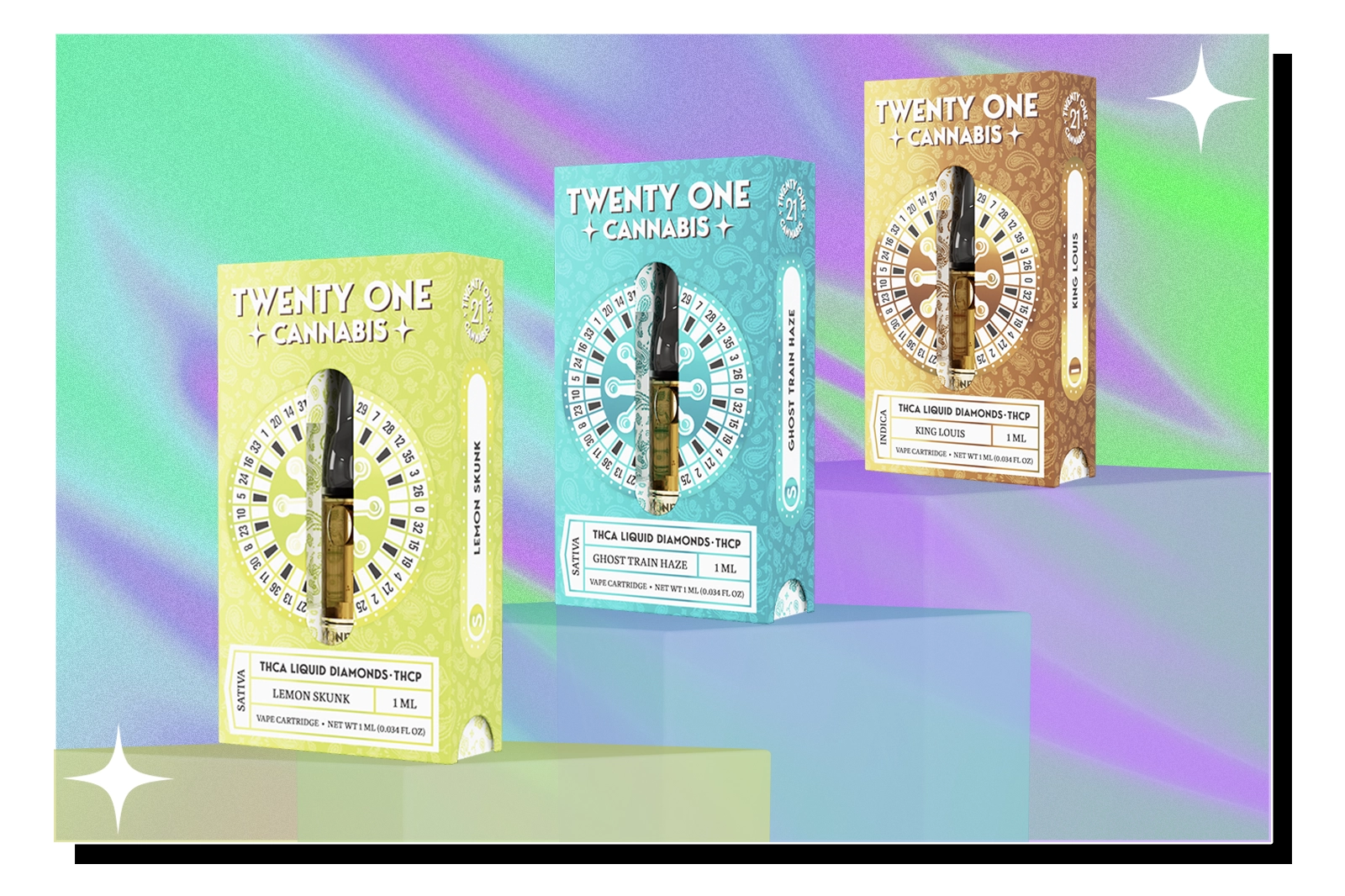
10 Strongest THCp Flower Strains: Full Guide for 2025
April 14, 2025

Best Strains for Working From Home
March 31, 2025
Get The Latest Updates
JOIN THE HIGH ROLLERS
Categories
Fabian Raemy
Fabian Raemy has been a cannabis enthusiast for 15+ years and is intimately familiar with everything green. If you need advice, tips, and info on the sticky icky, he's your go-to guide.

Peer Review by: JJ Coombs
Doctor of Pharmacy, Pharmaceutical Sciences University of Colorado
Co-Founder & CEO at Arvida Labs

